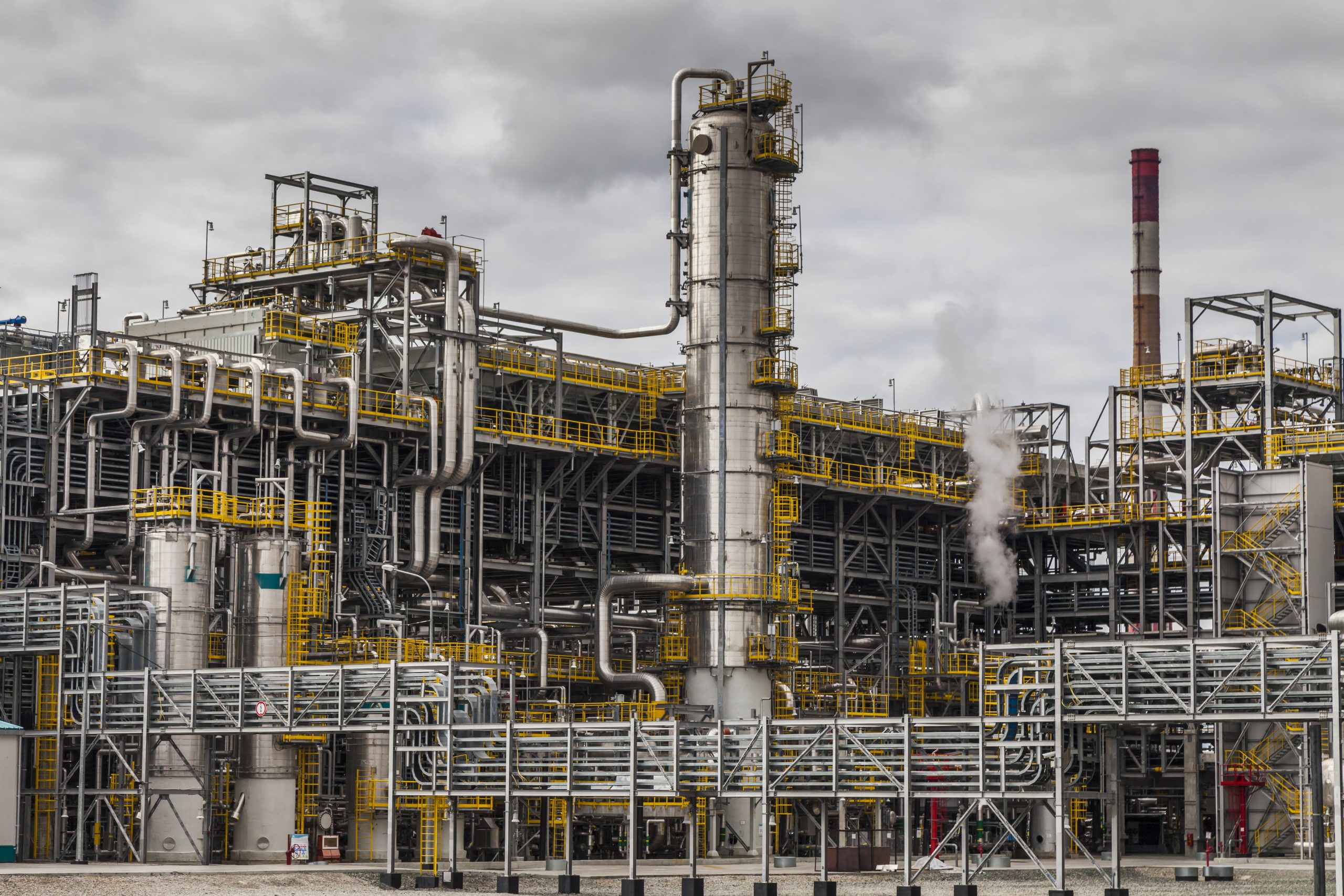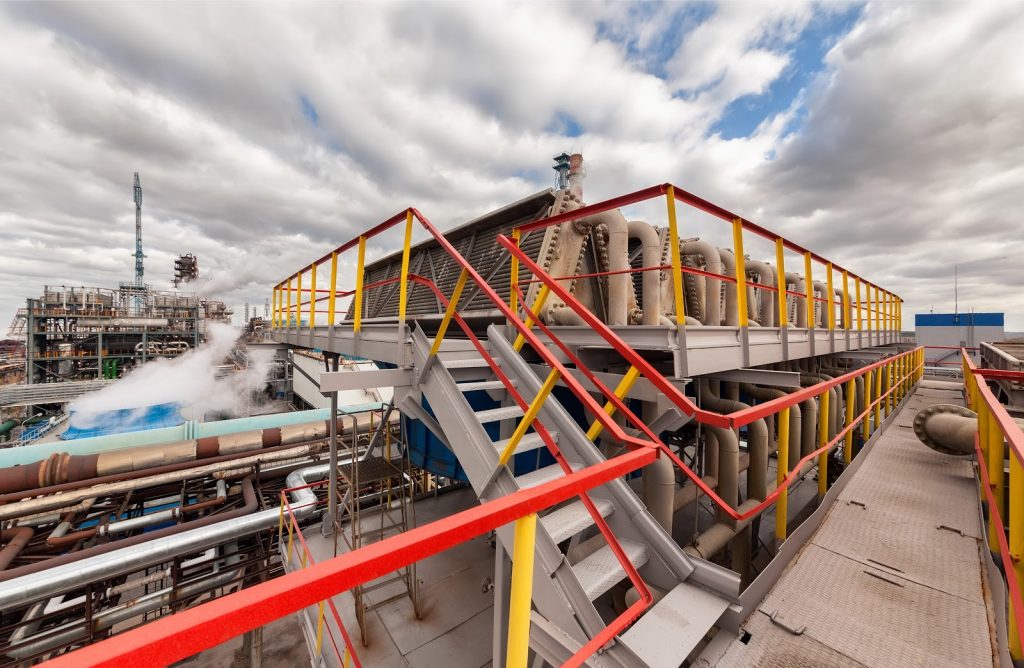The monitoring of internal corrosion is already a well-known issue for industries, with corrosion being responsible for most of the failures in industrial processes, many techniques and hardware are used to capture data on the level of corrosivity and degradation in pipes, guaranteeing the necessary information for the analysis of degradation and the need to design maintenance plans.
If you want to understand more about the monitoring of these corrosive processes and how the industries have performed these activities, click here and access detailed content on this subject!

The techniques most used by industries to monitor corrosion in these components are performed using corrosion coupons. After an exposure period of 3 to 6 months in the corrosive environment, laboratory analyzes are performed on these specimens to calculate the loss of mass for the coupons. When quicker and even online responses to the corrosion rate are desired, electrical resistance probes can be used, which an increase in the electrical resistance of the sensor elements indicates the corrosion rate of the medium.
Get to know in detail all the hardware and techniques used by the industries for internal corrosion monitoring, clicking here!
It is well known that some types of operations require continuous monitoring of corrosion rates, with a real-time flow of data capture so that the operation continues to operate without fail, ensuring safety and compliance with current regulations.
As previously stated, corrosion coupons need at least 3 months in contact with the corrosive medium to calculate corrosion rates, as probes can deliver results within a few days or even hours.
The solution to this need is Vidya’s IoT Data Logger!
IOT DATA LOGGER

Vidya’s IoT Data Logger is a device that works in conjunction with probes to monitor internal corrosion rates in real-time. The equipment transmits the collected data to a cloud corrosion system, such as Vidya Cloud, with high-resolution data captured by the Data Logger, stored in the built-in memory. Its application is ideal for the oil and gas industries, industrial water treatment systems, and other processes. The product has Inmetro Ex ia IIC T4 Ga certification, with the protection level “ia” and EPL “Ga” ideal for application in areas classified as Zone 0 (constant gas presence).
The Temperature Class “T4” allows the installation of the Data Logger in areas with a gas ignition temperature above 130 ° C.
Vidya Data Logger can be used to read ER Vidya corrosion resistance probes.
100% WIRELESS
The equipment is equipped with a 3V Vidya Lithium Power Module battery, with a life span of over 5 years. In addition, the data logger also has a data storage capacity of 125000 readings which results, for example, in 868 days at 10 Min measurement intervals.
In addition to the internal battery and data storage capacity, Vidya Data Logger has communication and reading via Mesh network Bluetooth 5.1 and WirelessHART (2.4GHz, IEEE 802.15.4), allowing synchronization as Vidya Cloud or other cloud corrosion management systems
In addition, the equipment is also capable of being integrated with other sensor systems from different manufacturers,
Technical Specification:

Enhance your company’s internal corrosion monitoring with accurate, real-time data connected to the cloud. Vidya IoT Data Logger is the ideal equipment for industries that seek greater control of monitoring corrosive environments with the best quality that the market can offer. Click and talk to one of our experts today!



